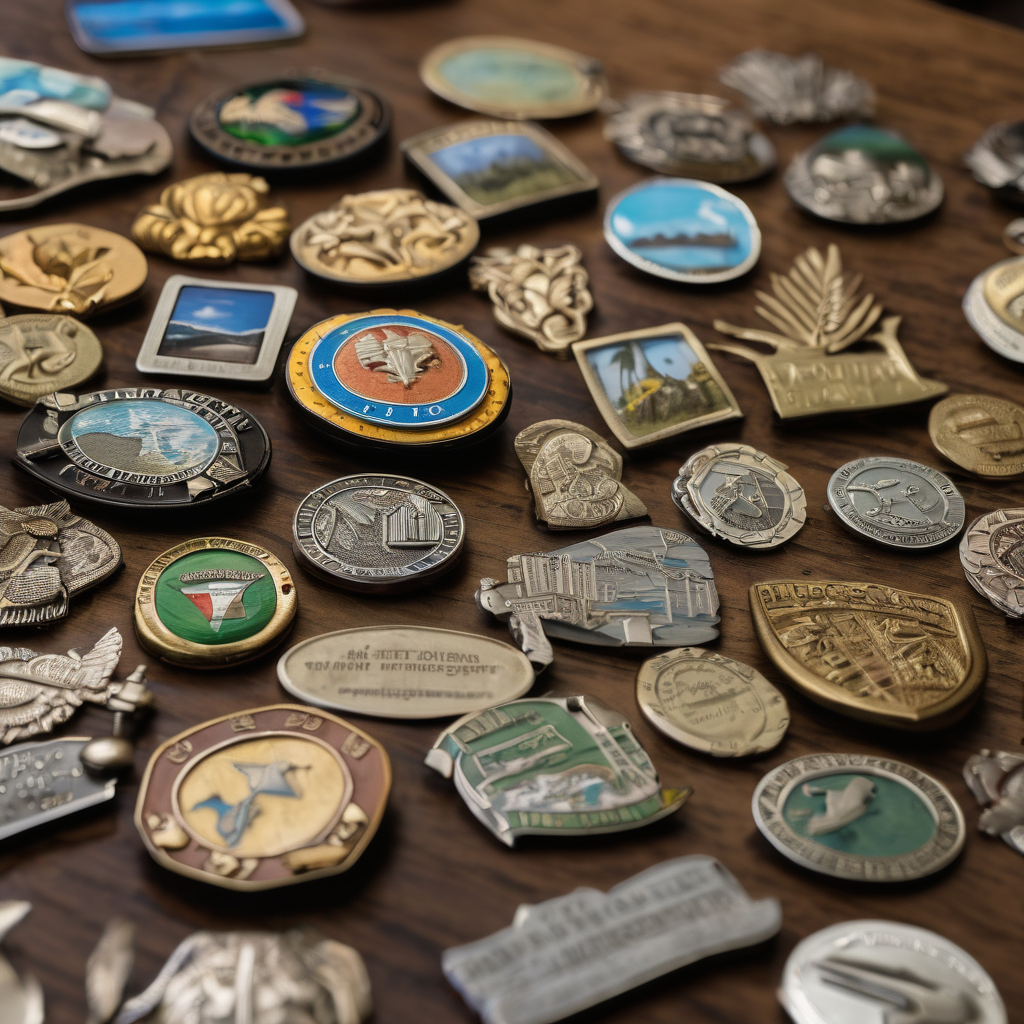Environment officers in Fiji have recently enhanced their capabilities to combat illegal wildlife trade and safeguard endangered species following a successful CITES Enforcement Training Workshop organized by the Ministry of Environment and Climate Change. This initiative highlights Fiji’s commitment to enforcing the Convention on International Trade in Endangered Species of Wild Fauna and Flora (CITES), a global agreement aimed at regulating wildlife trade to prevent species extinction.
The completion of the workshop aligns with Fiji’s legislative framework under the Endangered and Protected Species (EPS) Act 2002, which governs the trade of endangered species both within Fiji and internationally through a structured permit system. The act empowers various enforcement agencies, including Customs, Police, and Biosecurity, to uphold wildlife protection laws effectively.
During the training, participants deepened their understanding of legal frameworks, inspection processes, species identification, and collaborative efforts among different agencies. The event successfully brought together personnel from several critical governmental departments, including the Fiji Revenue and Customs Service, Biosecurity Authority, Fiji Police Force, and other relevant ministries.
Dr. Sivendra Michael, Permanent Secretary for Environment and Climate Change, emphasized the crucial role of inter-agency cooperation in protecting Fiji’s wildlife. He stated, “Protecting Fiji’s endangered species requires consistent enforcement and cooperation across government agencies.” This reflects a broader trend observed in similar initiatives aimed at bolstering enforcement protocols and community engagement in environmental stewardship.
The training is part of an ongoing strategy to improve enforcement across Fiji’s Western, Northern, and Central divisions, reinforcing the commitment of officers who participated to apply the newly acquired knowledge in their efforts to protect the island nation’s rich biodiversity. Given the challenges facing Fiji’s ecosystems, including illegal fishing and wildlife trade, these collaborative training sessions are foundational in empowering officers and enhancing Fiji’s capacity to combat environmental crime.
Overall, these efforts not only strengthen legal frameworks but also foster a sense of responsibility among the officers, indicating a hopeful future for Fiji’s wildlife conservation efforts. By equipping enforcement teams with essential skills, Fiji is taking significant strides towards nurturing its unique biodiversity and ensuring sustainable practices for generations to come.
